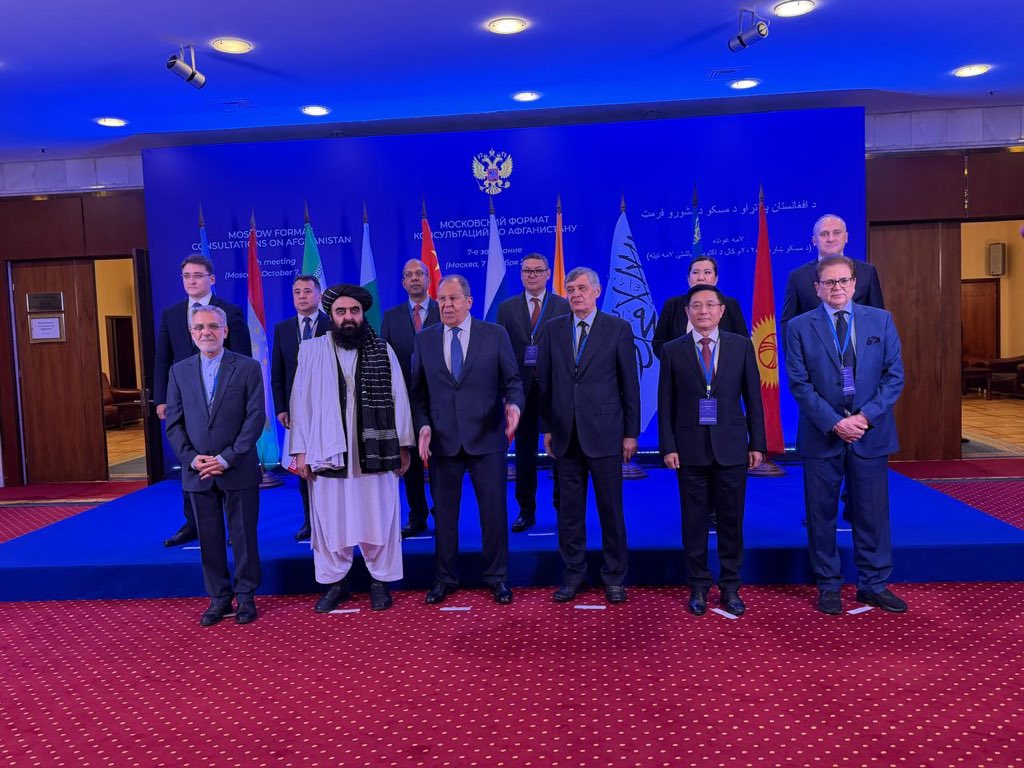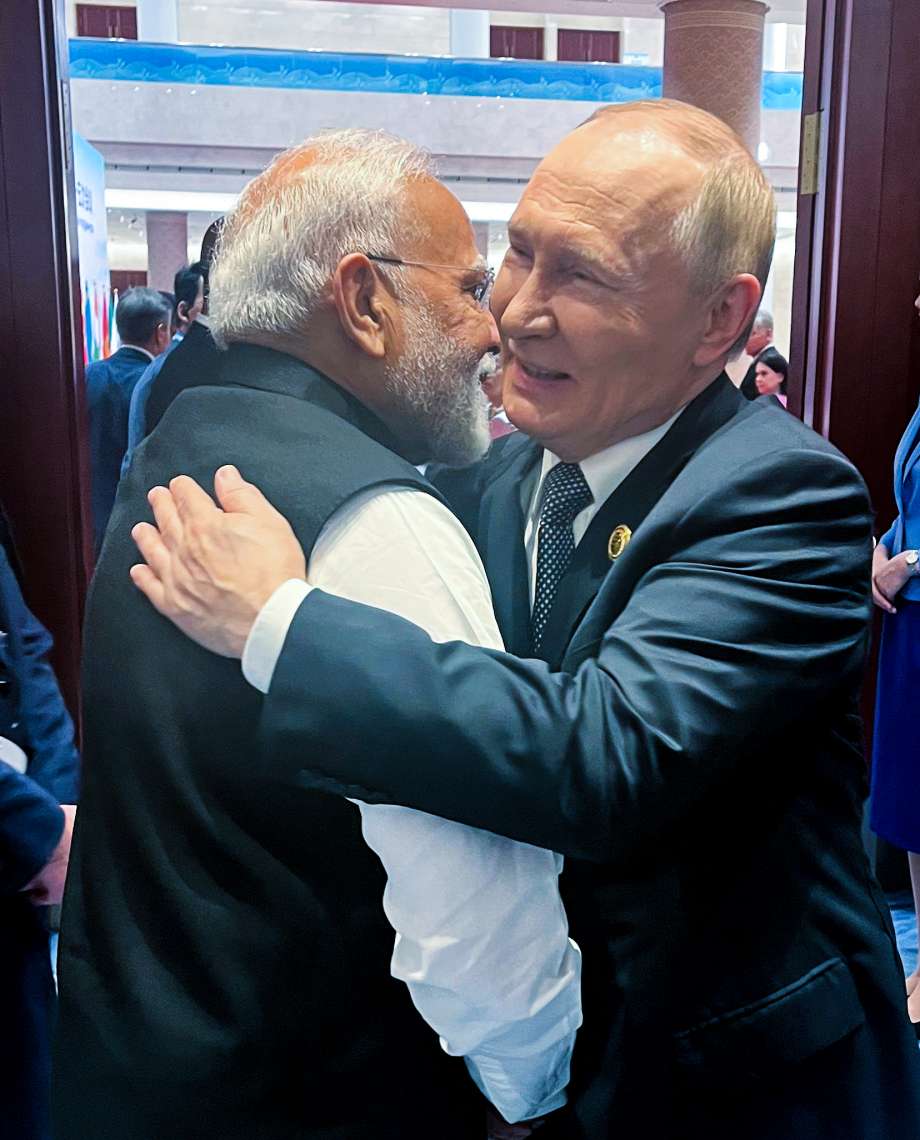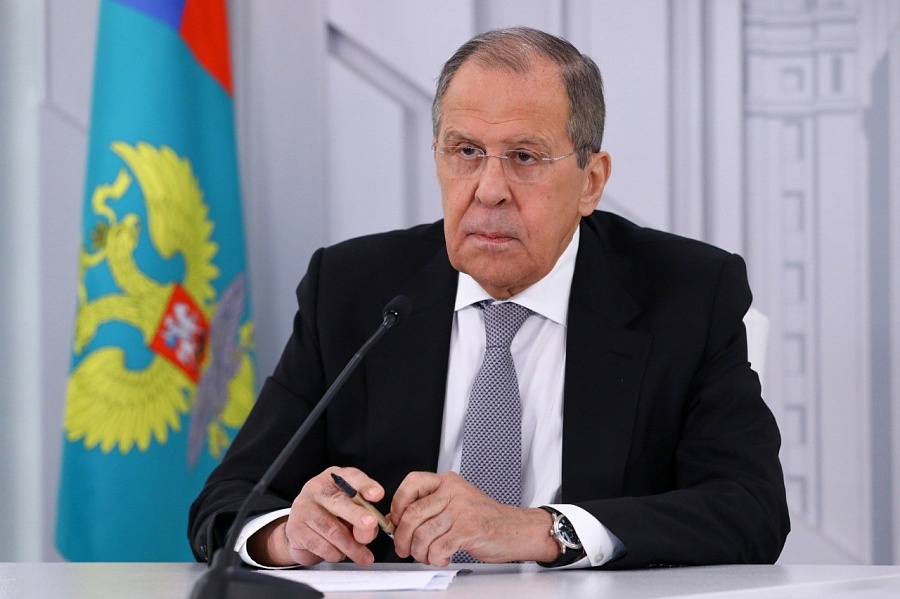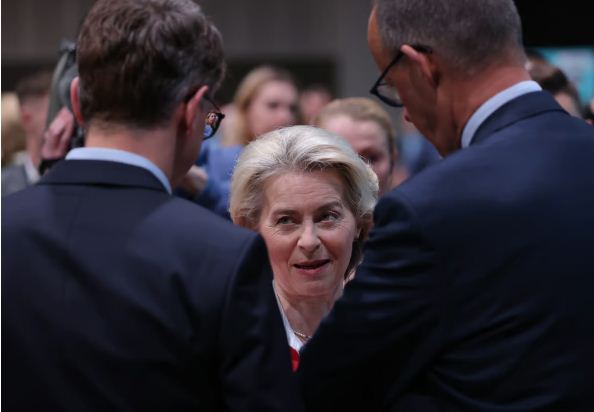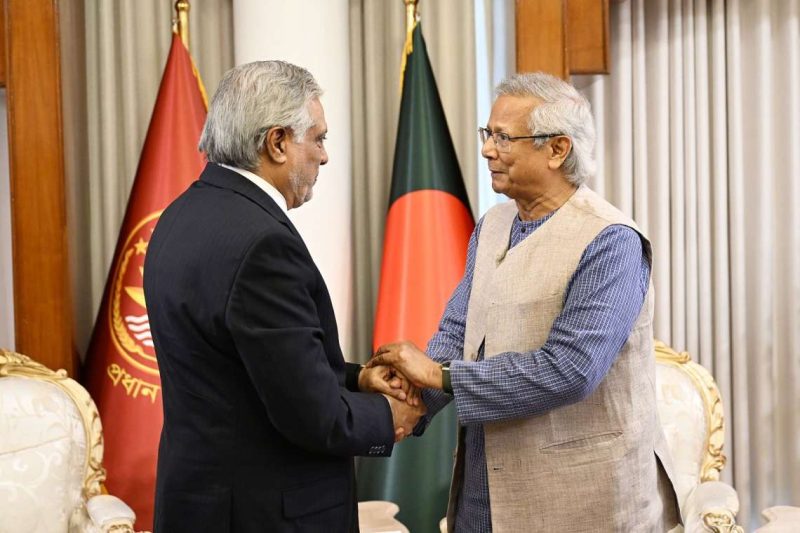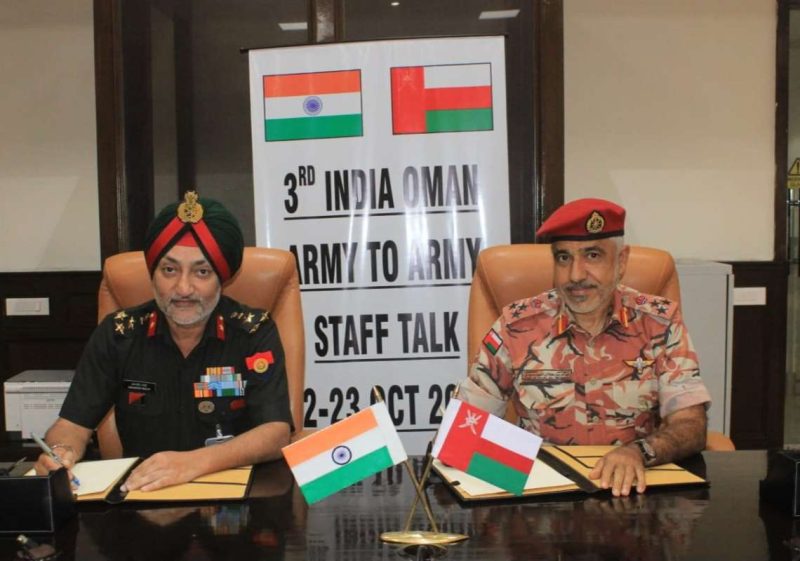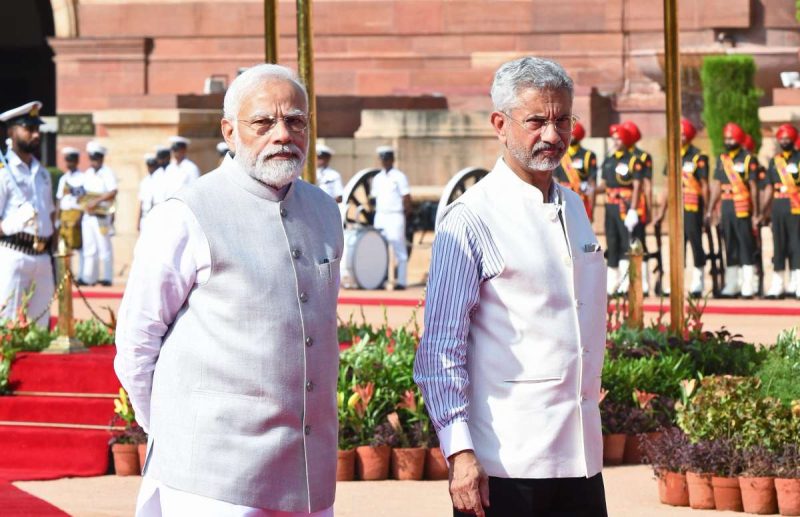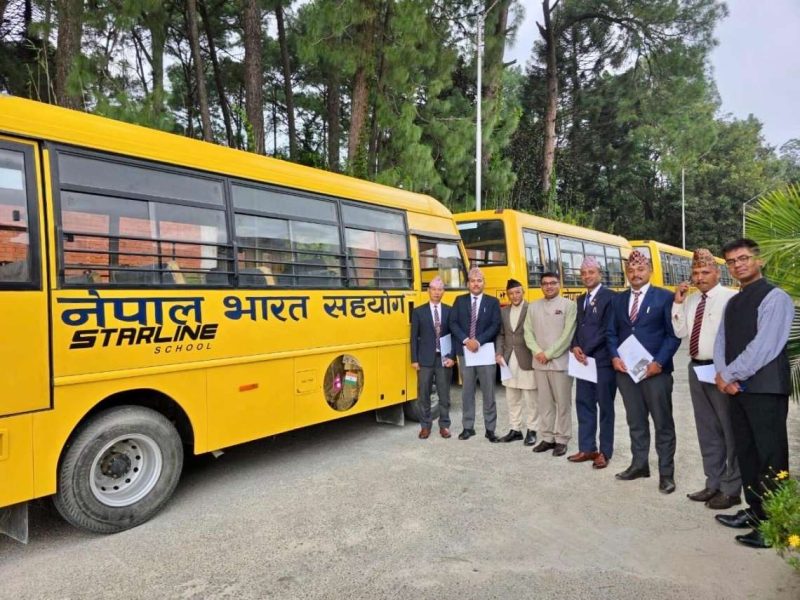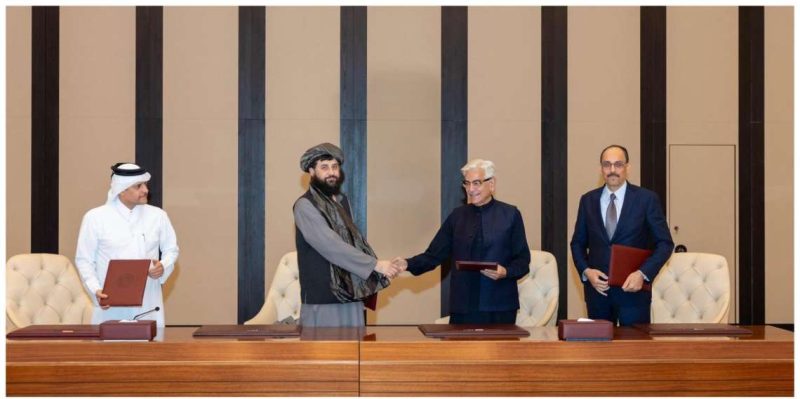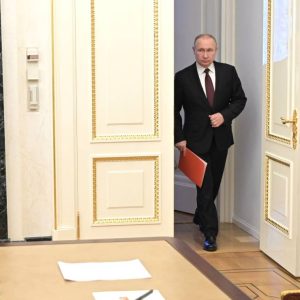Estonia, Latvia, Lithuania and Poland agreed with the European Union’s executive commission in 2019 to coordinate on connecting the Baltic nations to the EU’s power network by the end of 2025. However, Russia’s war in Ukraine led the Baltic countries to speed up the project…reports Asian Lite News
The electricity grid operators of the three Baltic countries on Tuesday officially notified Russia and Belarus that they will exit a 2001 agreement that has kept Estonia, Latvia and Lithuania connected to an electricity transmission system controlled by Moscow.
The Baltic countries have already stopped buying electricity from Russia. And in a plan announced last year as part of moves to sever ties with Moscow following its invasion of Ukraine, they will shift their grid connections next February to the main continental European energy network in a move to end reliance.
Utility operators Elering of Estonia, AST of Latvia and Litgrid of Lithuania said that the exit notice was signed in the Latvian capital of Riga on Tuesday. The joint agreement with Moscow and Minsk will end Feb. 7, and the Baltic systems will be disconnected from the grid the next day.
“We will disconnect and dismantle the last physical connections with Russian and Belarusian grids,” Litgrid CEO Rokas Masiulis said, calling the move an “ambitious energy independence project.”
The three former Soviet republics do not currently buy electricity from Russia, but remain physically connected to a grid in which the electricity frequency is controlled by Moscow under the 2001 BRELL agreement. The Baltic systems plan to synchronize with the continental European system on Feb. 9, 2025. Both systems use 50 Hz alternating current.
“Synchronization with Continental Europe Synchronous Area will allow for independent, stable and reliable frequency control of the Baltic states electricity grids and will increase energy security in the region,” Estonia’s grid operator Elering said.
Estonia, Latvia, Lithuania and Poland agreed with the European Union’s executive commission in 2019 to coordinate on connecting the Baltic nations to the EU’s power network by the end of 2025. However, Russia’s war in Ukraine led the Baltic countries to speed up the project.
The February 2025 date for the transition was a compromise. Lithuania wanted an energy exit as early as this year, citing Moscow’s unreliability and its aggression in Ukraine. Estonia resisted a quicker cutoff, saying it might experience blackouts if the transition happened too soon.
“The Baltic electricity market has adapted and operates without electricity import from Russia,” said chairman Rolands Irklis from Latvia’s AST.
“Since Russia’s invasion of Ukraine, Latvia has completely stopped electricity import and export from Russia and Belarus, and synchronization with continental Europe is the last step to achieve country’s independence in the field of electricity supply,” Irklis said.
ALSO READ-Poland, Baltics call for EU defense line on border



